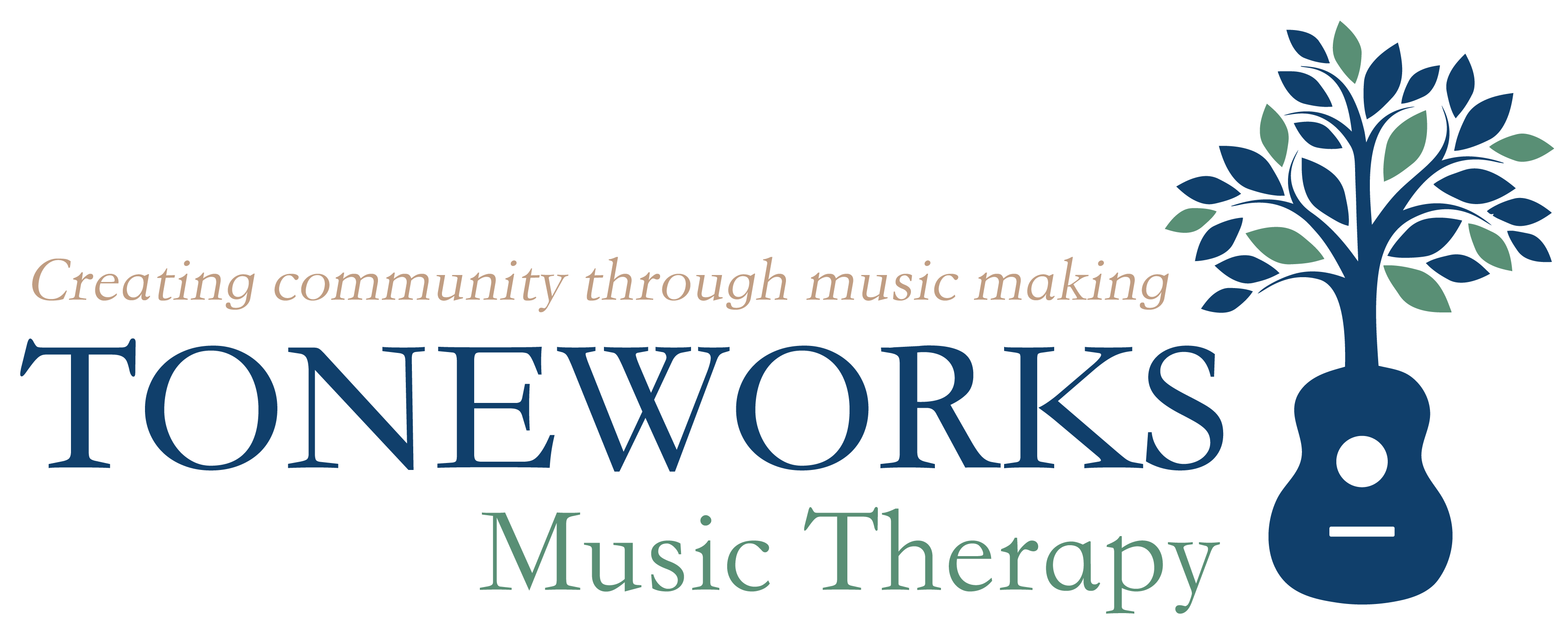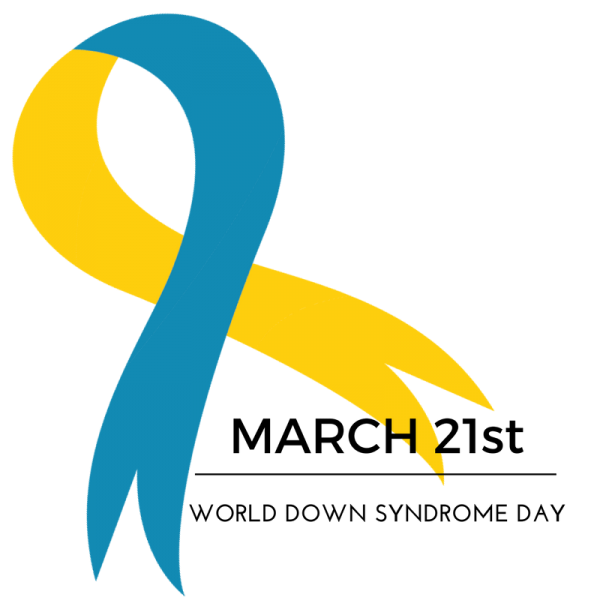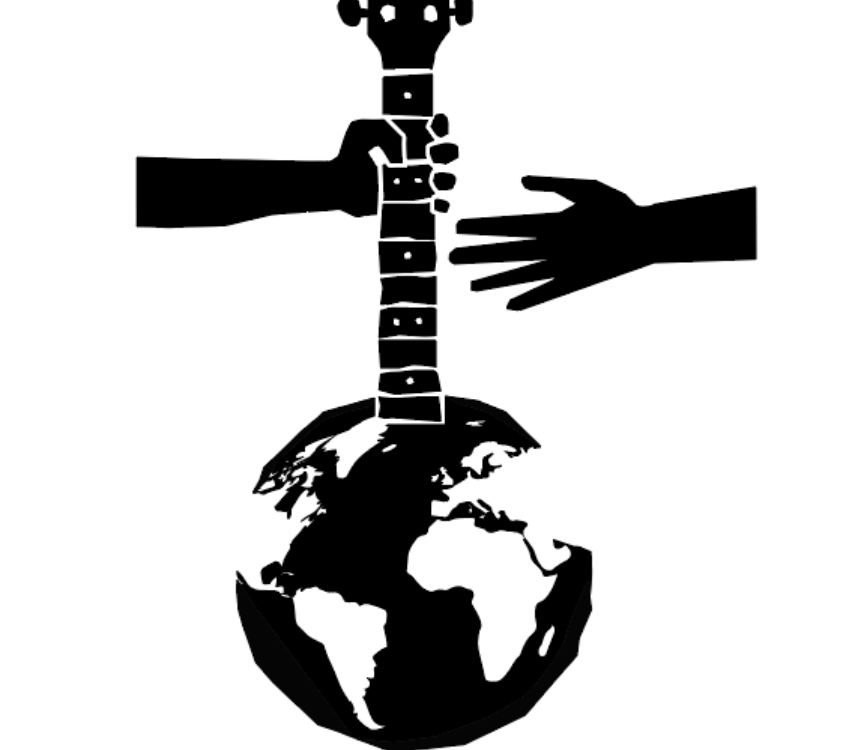MN Music Therapy Day on the Hill 2013
Wordless Wednesdays: {3.6.13}
Wordless Wednesday: 3.13.13
 For the past two years, I have had the privilege of meeting some of my Minnesota legislators with groups of my music therapy colleagues at Day on the Hill. The purpose of Day on the Hill is to educate legislators on what music therapy is and advocate for music therapy. In addition, we have specifically advocated for a music therapy licensure bill in the two years that I have been involved.
For the past two years, I have had the privilege of meeting some of my Minnesota legislators with groups of my music therapy colleagues at Day on the Hill. The purpose of Day on the Hill is to educate legislators on what music therapy is and advocate for music therapy. In addition, we have specifically advocated for a music therapy licensure bill in the two years that I have been involved.
We’ve posted before on why music therapy advocacy is important and how to advocate here. In today’s post, I will focus on why we are seeking a music therapy licensure bill in Minnesota.
What is licensure, you may ask? The answer will differ by state. In Minnesota, licensure in Minn Stat. sec214.001 is defined as:
“a system whereby a practitioner must receive recognition by the state of having met predetermined qualifications, and persons not so licensed are prohibited from practicing. (Title and scope of practice restriction.)”
Some of the legislators we met with wanted to know why licensure was necessary for music therapists since we already have a Certification Board for Music Therapists. There are several reasons why we want to see a music therapy licensure law passed in Minnesota. Below are a couple of the reasons.
1) Protection for Clients – Licensure would protect clients from treatment that may be potentially harmful to clients from individuals that misrepresent themselves as “music therapists” but are not board-certified music therapists (e.g. non-music therapy musician)
2) Access to Music Therapy Services – Some state agencies require providers to be state recognized. Licensure would provide the necessary state recognition for clients and families seeking access to music therapy services.
Licensure would also define music therapist’s scope of practice at the state level to prevent conflict or confusion with other practitioners. Music therapy licensure does not mean that music therapists are claiming all use of music during sessions as our own. Rather, licensure will protect clients and allow for more access to music therapy services while increasing awareness of music therapy to clients and other allied health professionals.
This week, I have talked with several friends that said they knew someone who uses music therapy. Sounds great, right? However, in each case, the person that was using “music therapy” was not a music therapist. They may be using music as medicine or using music therapeutically, but playing a song on the piano or creating a playlist on an ipod alone is not music therapy!
Every time I hear these stories, I give this example: I can’t go around saying that I do physical therapy or that I am a physical therapist just because I lead movement to music as part of my music therapy sessions. Music therapists have training in music, psychology, anatomy, therapeutic skills, and group management. In order to be board-certified, we have to complete a 6 month internship and 1200+ hours of music therapy experience. We take a client from assessment, planning, treatment, progress notes, to termination while working on goals that are most relevant to the client’s quality of life.
We would like to thank Senator Rosen and Representative Dorholt, the chief authors in the Minnesota Senate and House, respectively for their work on the music therapy licensure bill.
Left to Right: Music Therapists Kathy Nelson, Melissa Hirokawa, Claire Klein, and Representative Zachary Dorholt
Left to Right: Music Therapists Andrea Yun-Springer, Melissa Hirokawa, MTAM President Peter Meyer with Senator Julie Rosen
We hope 2014 is the year that a music therapy licensure law will be passed in Minnesota. Until then, we will keep up our work in advocating for and educating on music therapy!






